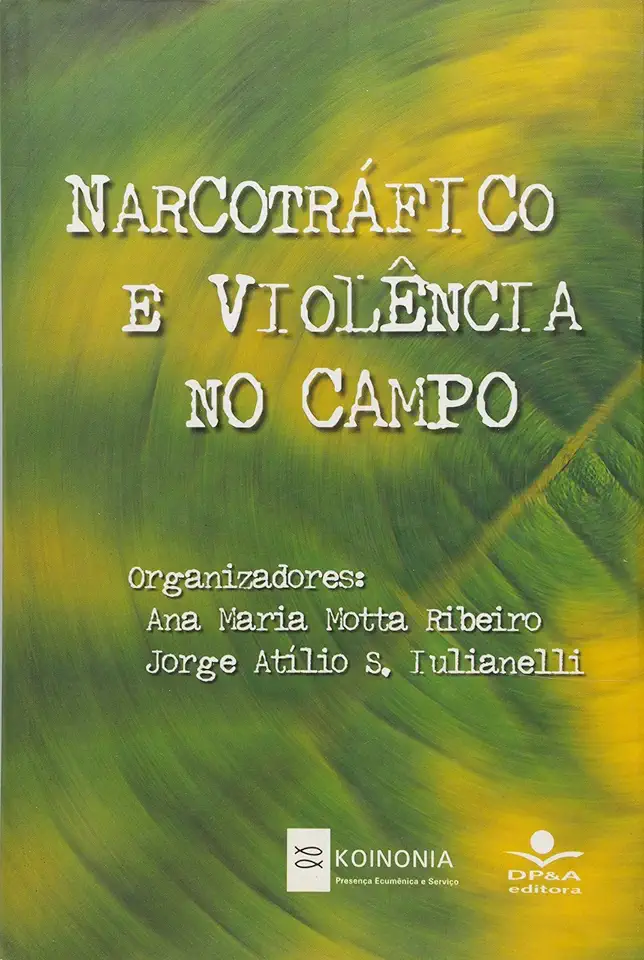
Drug Trafficking and Violence in the Countryside - Ana Maria Motta Ribeiro
Drug Trafficking and Violence in the Countryside: A Comprehensive Analysis
Introduction
In her groundbreaking book, "Drug Trafficking and Violence in the Countryside," Ana Maria Motta Ribeiro delves into the complex and often overlooked issue of drug trafficking and its devastating impact on rural communities. With meticulous research and compelling storytelling, Ribeiro presents a comprehensive analysis of the causes, consequences, and potential solutions to this pressing problem.
The Rural Drug Trade: A Growing Menace
Ribeiro begins by shedding light on the increasing prevalence of drug trafficking in rural areas. She argues that the traditional focus on urban drug markets has obscured the significant role that rural areas play in the production, transportation, and distribution of illicit substances. This oversight has allowed the drug trade to flourish in the countryside, with devastating consequences for local communities.
Violence and Insecurity: A Rural Reality
One of the most alarming aspects of drug trafficking in rural areas is the surge in violence and insecurity. Ribeiro meticulously documents the rise in homicides, kidnappings, and other violent crimes directly linked to the drug trade. She paints a vivid picture of the fear and uncertainty that grip rural communities, where residents live in constant fear for their safety and that of their loved ones.
The Nexus of Poverty, Inequality, and Drug Trafficking
Ribeiro delves into the underlying factors that contribute to the prevalence of drug trafficking in rural areas. She argues that poverty, inequality, and lack of economic opportunities are key drivers of this illicit trade. By providing a nuanced understanding of the socioeconomic conditions that foster drug trafficking, Ribeiro challenges simplistic narratives and offers a more comprehensive perspective on the issue.
The Human Toll: Addiction, Health, and Social Disruption
The book also explores the human toll of drug trafficking in rural communities. Ribeiro highlights the devastating impact of addiction on individuals, families, and entire communities. She examines the health consequences of drug use, the disruption of social fabric, and the erosion of traditional values. By giving a human face to the statistics, Ribeiro evokes empathy and underscores the urgent need for action.
Policy Recommendations: A Path to Sustainable Solutions
Ribeiro concludes her analysis by proposing a set of policy recommendations aimed at addressing the drug trafficking problem in rural areas. She emphasizes the importance of a comprehensive approach that combines law enforcement efforts with social and economic interventions. Ribeiro calls for increased investment in rural development, education, and healthcare, as well as targeted programs to combat poverty and inequality.
Conclusion: A Call to Action
"Drug Trafficking and Violence in the Countryside" is a must-read for anyone concerned about the impact of drug trafficking on rural communities. Ana Maria Motta Ribeiro's rigorous research and compelling narrative provide a deep understanding of this complex issue and offer a path towards sustainable solutions. This book is a call to action, urging policymakers, law enforcement agencies, and society as a whole to confront the challenges posed by drug trafficking in rural areas and work towards a safer, more just, and prosperous countryside.